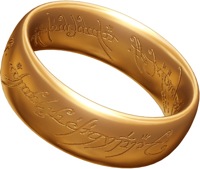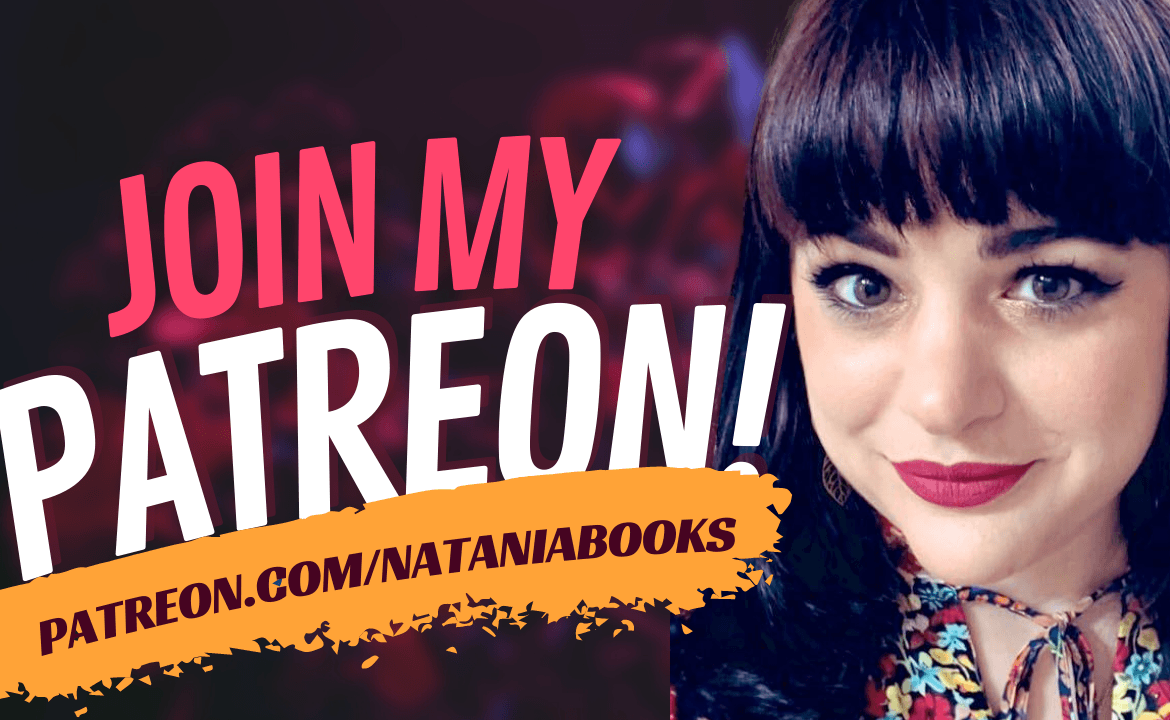 This morning I read a piece in the Guardian called When the Lord of the Rings doesn’t cut it: Confessions of a fantasy junkie, and found it rather amusing. In particular this bit (which makes us all sound a bit like Gollum, I think):
This morning I read a piece in the Guardian called When the Lord of the Rings doesn’t cut it: Confessions of a fantasy junkie, and found it rather amusing. In particular this bit (which makes us all sound a bit like Gollum, I think):
I understand the pain of the addict. At the turn of a page, weeks of total immersion in a fantasy world come to an end and mundane reality is waiting. Fantasy is epic because that is how we like it. But like any narcotic substance, fantasy operates on the law of diminishing returns. Once you’ve see a few dozen dragons, you’ve seen them all. The fantasy fan is on an eternal quest to recapture that first taste of magic. Eventually, the doorstoppers don’t cut it anymore. And then we are forced to go underground.
I’ve written on this topic a few times, and it certainly hit home for me. As someone weaned on Tolkien and Lewis, I know the feeling well. I remember trying to hide my undying love for Middle-Earth, and failing miserably when my book report gushing to the world was read aloud in class by my teacher. My school was small enough at the time that there weren’t any D&D groups to join, and the only person I know who also read fantasy read Terry Brooks. And I did not.
Anyway, it didn’t get easier or better for me as I got older. I’m now convinced that my time in both undergraduate and graduate school studying Middle English was only in an effort to study the roots of fantasy literature. It was cheating a little, because all that chivalric literature really isn’t any different than fantasy, save in language and occasional subject. (I should argue that plenty of medieval stuff is even more revolutionary than today’s contemporary fantasy–read Silence for a cross-dressing heroine, for example!) I found quite a few friends in graduate school, however, who loved fantasy, and that was certainly a help.
But my roundabout point is, in spite of coming to grips with liking to read fantasy epic, it’s taken even longer for me to accept writing it. Why? Because it’s a genre that breeds self-consciousness. It’s practically made of cliche and stereotype. Saying you write fantasy literature to some people is no different than admitting a penchant for furries, or a LARPer. I know, I’ve gotten the looks before. Eyebrows up, mouth agape–they struggle for things to say, but the fact is, even if the book was on the Bestseller list, they’d likely never read it. And if they did, it’d probably make them laugh hysterically.
Anyway, currently I am writing a fantasy epic. True fantasy. No steampunk, no time-travel, no squids. And I find that I’m incredibly self-conscious about it some days, and completely revel in it on other days. I have moments where I ask myself, “Is this too fantasy epic?” and others when I think I’m really on to something different. Truly, it must strike a balance to be good, and I’ve never had such a set of demons on my shoulder arguing it out over a book. I love the genre to bits, and I am indeed still reaching to capture that magic–but doing it with my own wand, as it were, is another spell all together.
I wrote a sequel to The Lord of the Rings when I was fourteen. It was about Merry and Pippin meeting up together in old age and making a trip across Middle Earth to Gondor, and their final days there with Aragorn. I wish I had a bit to share, because it is quite amusing. Regardless, I have always expressed my love in writing. I scarcely know how else to do it. I even re-wrote half of The Stand once… And while I am a bit self-conscious about this particular endeavor (and… well, thankfully not plagiarising) it’s still done with joy. Part of me is very much that same fourteen year old with the ugly sweater and wire-rimmed glasses hunkering down at my Aptiva and composing everything in Footlight.
And thankfully, at long last, I don’t care who knows. I only hope I can do it well enough.












Just stumbled upon your blog – it’s so nice to hear of another woman who’s a fantasy addict. I have tried to keep my Inner Geek hidden, but it always comes back out. I studied Medieval Literature in my Master’s program and loved it. My husband just rolls his eyes, but more women should get into this genre. I have always wanted to write the Epic of all Epics, so I wish you the best of luck. I’ll be following your feed and look forward to the day you publish.
@tcookmatranga Yay! Glad you found me. The internet is an intriguing place, but it certainly brings us closer together as geeks. I agree that more women should write epic fantasy! I’m working hard at it. It (like much of fiction, unfortunately) it testosterone-laden. Thankfully my husband loves fantasy as well, so we do share that together… now, to get back to writing before the little one wakes up.
Oddly enough I made a post just the other day touching on some of this, well being a fantasy geek at any rate. I don’t think i ever bothered to hide the fact, nor that I liked writing it.
Though I have read my fair share of the book stopper fantasy epics, I’ve never really tried to write one. When I was a teenager I thought about it and wanted to write the Epic of all Epics, it never really happened.
The stories I plan seem to be one off ones, and while many of the characters are the same and there is sometimes a background arc going on, they don’t form part of an epic series.
Plus I don’t write pure fantasy sword & sorcery style, which counts against doing Epic Fantasy.
@qorvus I can’t say what I’m writing is “pure”. I mean, there are no Elves, Dwarves, dragons… so I suppose in a way it’s more sword and sorcery (though the epic part has more to do with the scope of the whole tale). Since I write in lots of different flavors, I’m trying to approach this the same way I’ve approached everything else. But since, technically, I’ve been writing this particular story for the least ten years, intermittently, it’s a little bit of a challenge!
I don’t have the elves, dwarves, dragons etc bit – well, not much – either.
By pure, I mean the typical style of setting, something akin to medieval Europe, with knights and castles and the like, or maybe a touch earlier.
The story I’m currently writing is set later than normal technological (though isn’t steampunk), takes place in a part of the world where the main human culture is decidedly non-European – and then ventures into an even more alien culture, that of a centauroid insect-man species.
I’m kind of having that feeling of “been there” with the book I’m currently reading. Thing is, I never really had much money to spare, nor access to a decent library or knowledge of what would be good fantasy books to order in to a not decent one, so I actually haven’t read a whole lot of fantasy in my life. What I’ve read in recent years has mostly been handed to me, usually in the way of free ebooks, and not much of that has been of the sword and sorcery/fantasy epic variety.
So, I’m coming to a part in this current book involving elves – they’re not called that, but it’s clearly what they are – and the immortal, magic-imbued forest denizens, the latter to an almost extreme extent, just seems done before. Maybe it’s just the way this author is handling it, as well as the last author I read who had pretty much the same thing. Maybe it is just a cliche. Maybe there are good elves out there and I just haven’t met them yet.
Regardless, you’re certainly a competent writer and I’m sure you’ll do the genre justice. After all, it’s not about the formula, it’s about how it’s followed.
@thejinx Yeah, fantasy can be that way. I mean, in a way it has to; in a way we need it to be familiar. It stems from a mythological past, after all, and how many myths resemble one another, right? But you’re right: it’s the deviations that make the stories unique, that give us pause and truly are effective. Too much of the same, and it’s watered down and boring.